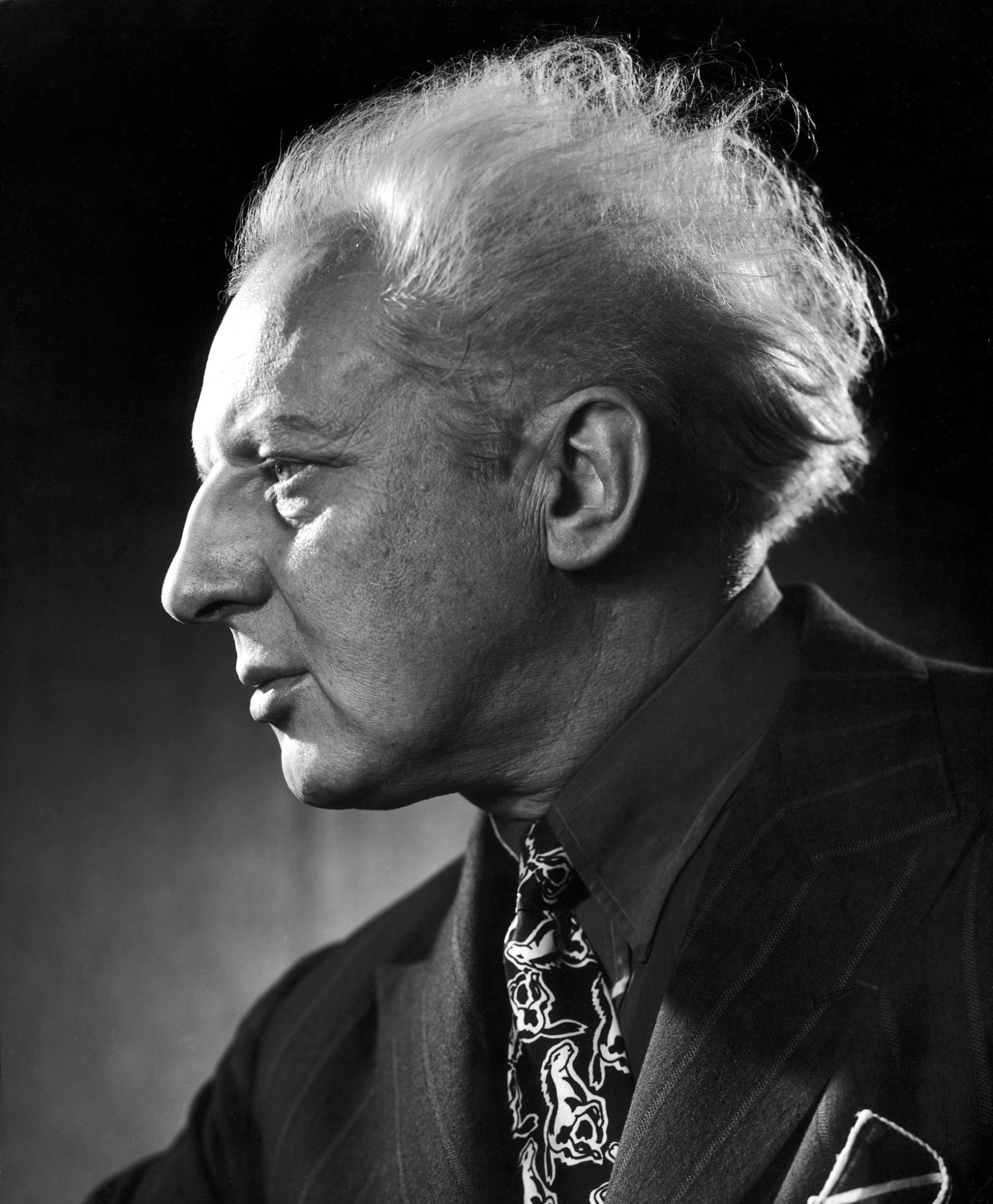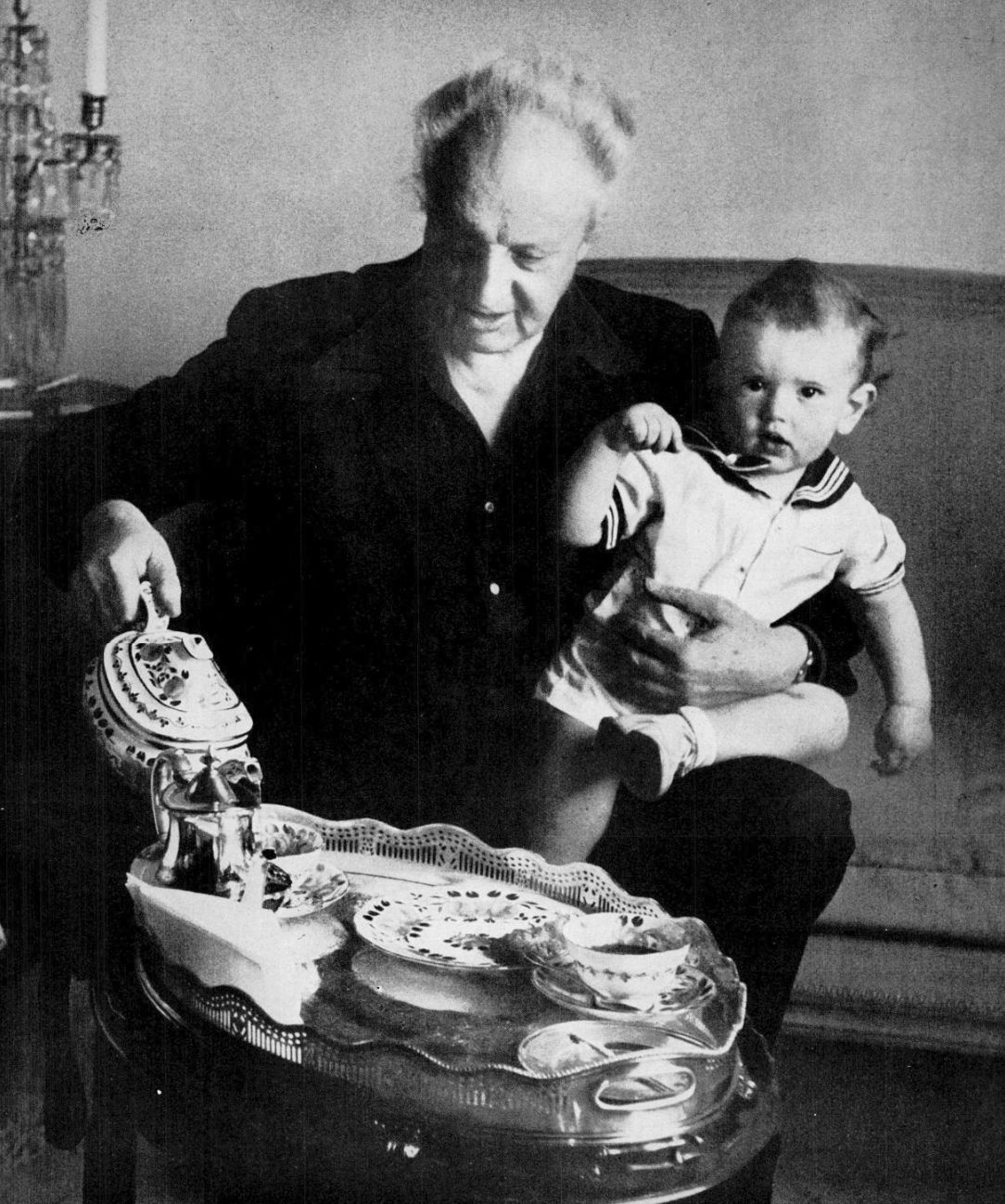Leopold Stanislaus Stokowski: A Conductor's Enduring Musical Mark
When we think of conductors who truly shaped the sound of an orchestra, and arguably, the very way we hear classical music, the name Leopold Stanislaus Stokowski stands out. His approach to music, his way of drawing out rich tones, and his sometimes unconventional ideas left a mark that still resonates. He was a figure who pushed boundaries, a bit like those who seek to explore the very best in their chosen field, always looking for that next level of clarity and reach.
His impact on the musical world was quite profound, too it's almost. Stokowski brought classical music to wider audiences, not just through live performances but also through recordings and even films. He believed in music's power to connect with people, and he worked tirelessly to make that connection happen, offering a kind of legendary performance that many still talk about today.
This article explores the life and significant contributions of Leopold Stanislaus Stokowski, looking at his early days, his time with the Philadelphia Orchestra, and his lasting legacy. We will also touch on how his work showed a kind of dependability and performance that musicians and listeners alike came to expect, much like gear you need to rely on.
- Cancer Battle Jodi Faeth Mike Wolfe Wife Cancer
- How Tall Was John Denver
- Ice Cube Family
- Henry Hayter Short
- Maui Chapman
Table of Contents
- Leopold Stanislaus Stokowski: A Life in Sound
- Early Years and Musical Beginnings
- The Philadelphia Sound and Beyond
- Innovator and Visionary
- A Lasting Influence
- Personal Details and Biography
- Frequently Asked Questions About Leopold Stokowski
Leopold Stanislaus Stokowski: A Life in Sound
Leopold Stanislaus Stokowski, born in London, England, in 1882, had a path to music that was, in some respects, quite unique. He showed musical talent early on, learning piano, violin, and organ. His formal studies took him to the Royal College of Music and Queen's College, Oxford. This early training gave him a strong foundation, a bit like building a solid base for any great creation.
Early Years and Musical Beginnings
His initial career saw him as an organist, even serving at St. Bartholomew's Church in New York City. This role gave him practical experience leading musical groups, too it's almost. He then moved into conducting opera, which truly sharpened his skills in working with large ensembles and dramatic works. These experiences were vital for shaping his later orchestral work.
Stokowski's true calling, however, became orchestral conducting. He took on leadership roles with various orchestras before finding his most famous position. He gained a reputation for his intense dedication and his desire to achieve a rich, full sound from the musicians. This commitment to sound was, in a way, his signature, something that gave his performances a kind of consistency and durability.
- Dexter King Net Worth
- Mikayla Demaiter Before And After
- Rory Culkin Height
- Rachel Brockman Net Worth
- Greg Covey Net Worth
The Philadelphia Sound and Beyond
His tenure with the Philadelphia Orchestra, starting in 1912, became legendary. He transformed the orchestra into one of the world's best, creating a distinct "Philadelphia Sound" that was known for its warmth and richness. This sound was a direct result of his specific rehearsal techniques and his constant push for a particular tone. He aimed for a kind of highest power in musical expression.
Under Stokowski, the Philadelphia Orchestra made many pioneering recordings, which helped spread their unique sound globally. These recordings captured his artistry, allowing his performances to reach countless listeners, then and now. They truly captured everything you need to hear from a great orchestra.
He stayed with the Philadelphia Orchestra for many years, leaving a profound and lasting impact. His work there demonstrated a clear focus on achieving a premium level of musical output. It was a time when he truly delivered legendary performance and dependability, much like a trusted tool in the field.
Innovator and Visionary
Stokowski was more than just a conductor; he was a true innovator. He experimented with seating arrangements for orchestras, trying to find ways to improve the sound projection and balance. He was also an early adopter of new recording technologies, always seeking to capture music with greater fidelity, you know. This willingness to experiment set him apart.
He championed new music, often introducing American audiences to works by contemporary composers. This showed his forward-thinking approach, his desire to push the boundaries of the musical world. He understood that to stay relevant, one must explore what is next, a bit like those who test the limits of open terrain.
His appearance in Walt Disney's "Fantasia" in 1940 further cemented his status as a visionary. He conducted the Philadelphia Orchestra for the film, bringing classical music to a vast, new audience in an animated setting. This showed his belief in making music accessible, and his willingness to use new mediums, you see. It was a bold step, and it performed with a very high power in reaching people.
A Lasting Influence
Even after leaving the Philadelphia Orchestra, Stokowski continued to conduct, forming new orchestras and making many more recordings. His career spanned over six decades, a testament to his passion and stamina. His influence on how orchestras sound and how music is presented remains significant, that is for sure.
His recordings are still studied and enjoyed today, offering a window into his unique interpretations and the "Philadelphia Sound" he created. We honor that legacy every day as we listen to his works, appreciating the depth and clarity he brought to each piece. His contributions are, in a way, guaranteed for life through these recordings.
Many conductors and musicians look to his work for inspiration. His commitment to achieving a full, rich sound, and his daring interpretations, continue to shape how music is performed and appreciated. He showed a kind of unwavering performance that stands the test of time, you know, much like something built around a strong light management system.
To truly understand his impact, one might explore his extensive discography, which showcases his broad range and his consistent ability to deliver powerful musical experiences. His work offers a clear and rugged example of what a dedicated artist can achieve. Learn more about Leopold Stanislaus Stokowski on other sites, too.
Personal Details and Biography
Here are some key facts about Leopold Stanislaus Stokowski, offering a quick look at his life and career milestones, that is.
| Full Name | Leopold Anthony Stokowski |
|---|---|
| Born | April 18, 1882 |
| Birthplace | London, England |
| Died | September 13, 1977 |
| Place of Death | Nether Wallop, Hampshire, England |
| Nationality | British (later American citizen) |
| Occupation | Conductor, Composer, Arranger |
| Notable Orchestras | Philadelphia Orchestra, All-American Youth Orchestra, NBC Symphony Orchestra, American Symphony Orchestra |
| Famous For | "Philadelphia Sound," conducting "Fantasia," championing new music, innovative recording techniques |
| Years Active | c. 1900s – 1970s |
Frequently Asked Questions About Leopold Stokowski
Was Stokowski a good conductor?
Many people consider Leopold Stanislaus Stokowski a very good conductor, that is for sure. He had a unique style, known for his ability to draw a rich, warm sound from orchestras. He was also quite innovative in his interpretations and his use of recording technology. His work showed a kind of consistent and durable quality that made his performances stand out, you see.
What was Stokowski known for?
Leopold Stanislaus Stokowski was known for several things. He created the famous "Philadelphia Sound" with the Philadelphia Orchestra, which was very distinct. He also appeared in Disney's "Fantasia," bringing classical music to a huge audience. Beyond that, he was known for championing new music and for his experimental approach to recording and orchestral seating, which was rather forward-thinking.
How long did Leopold Stokowski conduct the Philadelphia Orchestra?
Leopold Stanislaus Stokowski conducted the Philadelphia Orchestra for a significant period, you know. He served as its music director from 1912 to 1938. This long tenure allowed him to truly shape the orchestra's sound and build its international reputation. It was a time when he delivered legendary performance that left a lasting mark.
To learn more about the enduring impact of musical figures, you can explore more on our site. Learn more about musical legacies on our site, and check out this page for more insights into orchestral history.
- Frank Fritz Mike Wolfe House
- Korra Obidi Net Worth
- Cardi Bs Phone Number
- Mikayla Demaiter Before And After
- Famous Youtube Chef Exposed

Leopold Stokowski – Movies, Bio and Lists on MUBI

Leopold Stokowski – Yousuf Karsh

Pictures of Leopold Stokowski